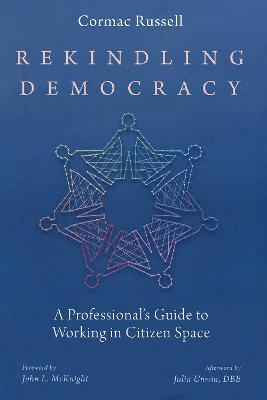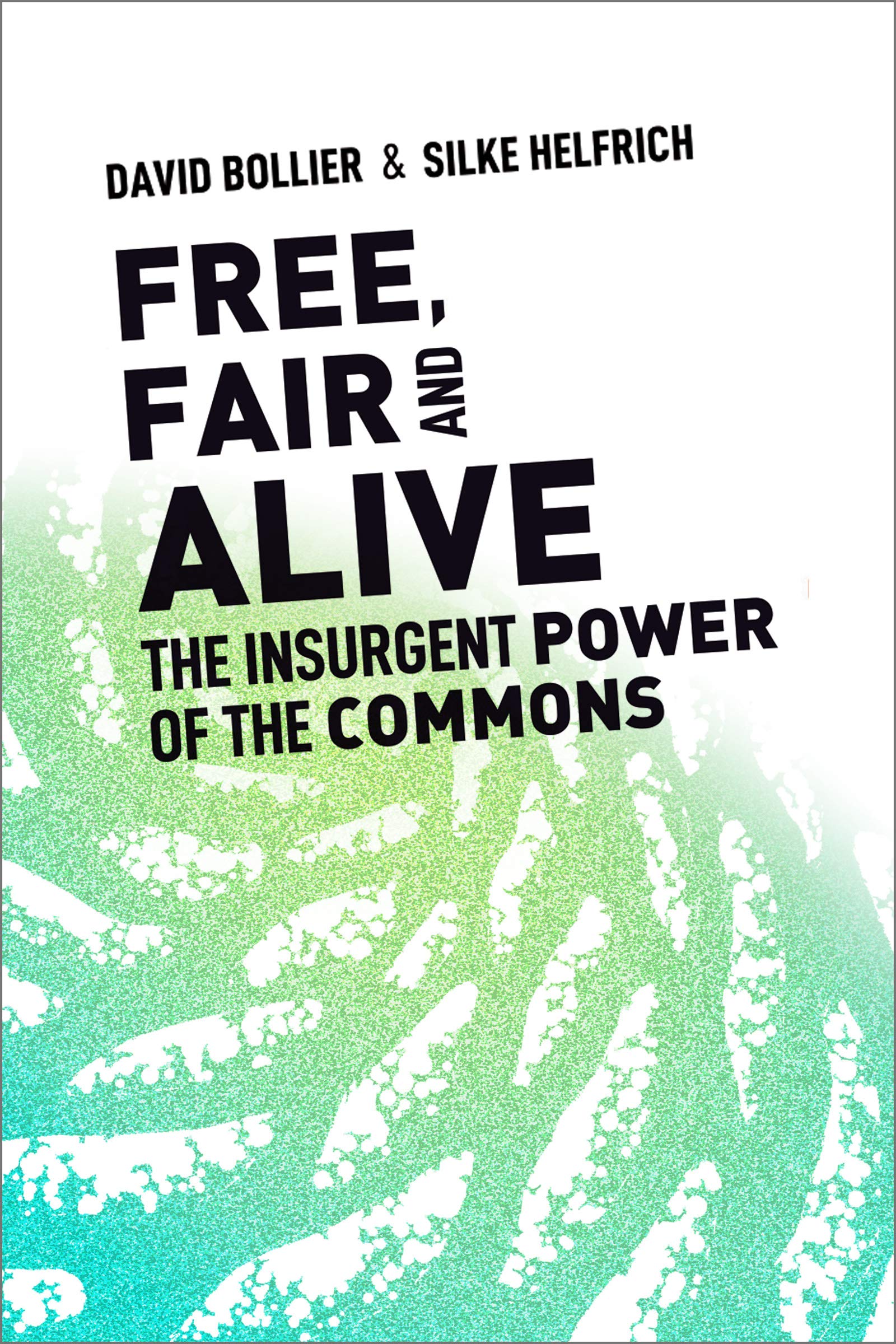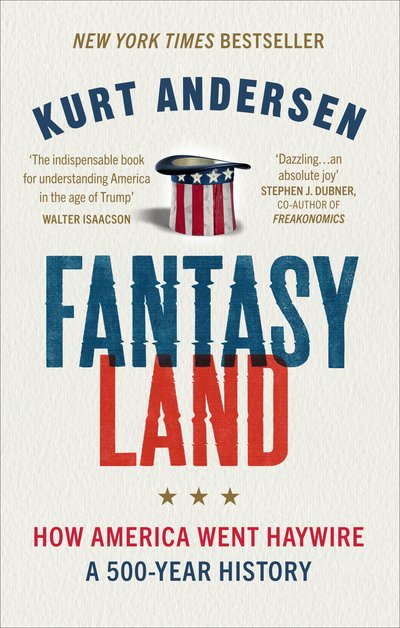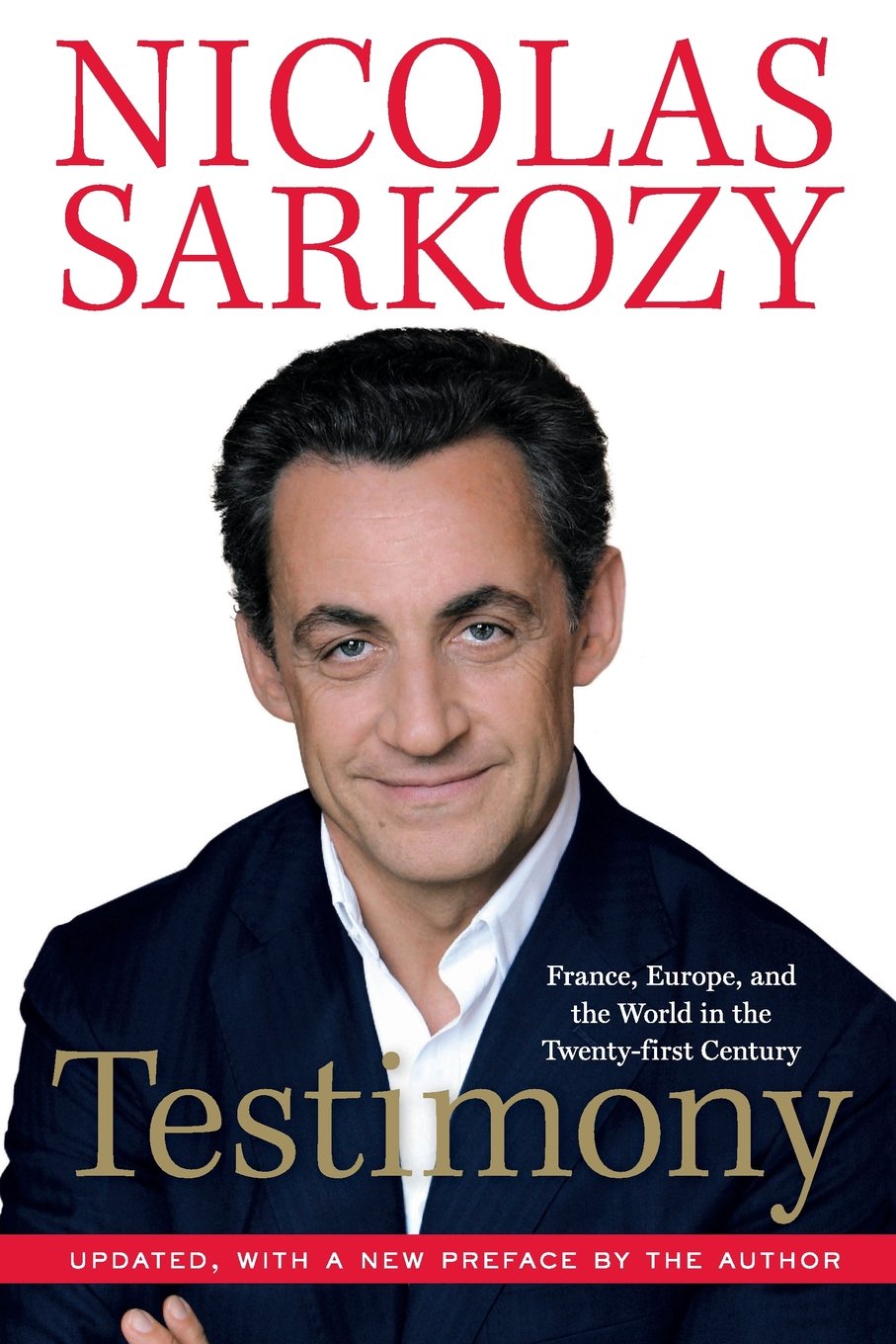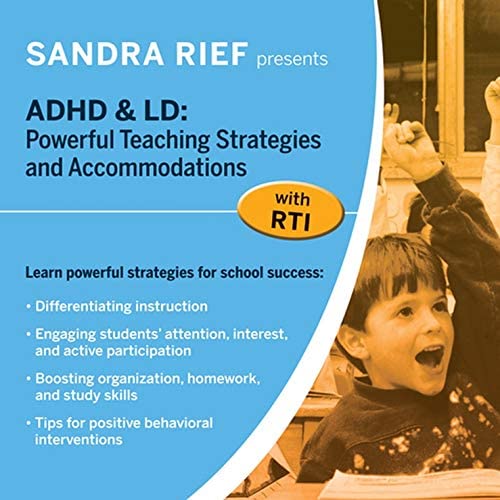Rekindling Democracy - Cormac Russell
de: Cormac Russell
Publicat de: Cascade Books
Anunta-ma cand revine pe stoc!Finally, a book that offers a practical yet well-researched guide for practitioners seeking to hone the way they show up in citizen space.
At a time when public trust in institutions is at its lowest, expectations of those institutions to make people well, knowledgeable, and secure are rapidly increasing. These expectations are unrealistic, causing disenchantment and disengagement among citizens and increasing levels of burnout among many professionals. Rekindling Democracy is not just a practical guide; it goes further in setting out a manifesto for a more equitable social contract to address these issues.
Rekindling Democracy argues convincingly that industrialized countries are suffering through a democratic inversion, where the doctor is assumed to be the primary producer of health, the teacher of education, the police officer of safety, and the politician of democracy. Through just the right blend of storytelling, research, and original ideas, Russell argues instead that in a functioning democracy the role of the professionals ought to be defined as that which happens after the important work of citizens is done. The primary role of the twenty-first-century practitioner therefore is not a deliverer of top-down services, but a precipitator of more active citizenship and community building.
Finally, a book that offers a practical yet well-researched guide for practitioners seeking to hone the way they show up in citizen space. At a time when public trust in institutions is at its lowest, expectations of those institutions to make people well, knowledgeable, and secure are rapidly increasing. These expectations are unrealistic, causing disenchantment and disengagement among citizens and increasing levels of burnout among many professionals. Rekindling Democracy is not just a practical guide; it goes further in setting out a manifesto for a more equitable social contract to address these issues. Rekindling Democracy argues convincingly that industrialized countries are suffering through a democratic inversion, where the doctor is assumed to be the primary producer of health, the teacher of education, the police officer of safety, and the politician of democracy. Through just the right blend of storytelling, research, and original ideas, Russell argues instead that in a functioning democracy the role of the professionals ought to be defined as that which happens after the important work of citizens is done. The primary role of the twenty-first-century practitioner therefore is not a deliverer of top-down services, but a precipitator of more active citizenship and community building.
Finally, a book that offers a practical yet well-researched guide for practitioners seeking to hone the way they show up in citizen space. At a time when public trust in institutions is at its lowest, expectations of those institutions to make people well, knowledgeable, and secure are rapidly increasing. These expectations are unrealistic, causing disenchantment and disengagement among citizens and increasing levels of burnout among many professionals. Rekindling Democracy is not just a practical guide; it goes further in setting out a manifesto for a more equitable social contract to address these issues. Rekindling Democracy argues convincingly that industrialized countries are suffering through a democratic inversion, where the doctor is assumed to be the primary producer of health, the teacher of education, the police officer of safety, and the politician of democracy. Through just the right blend of storytelling, research, and original ideas, Russell argues instead that in a functioning democracy the role of the professionals ought to be defined as that which happens after the important work of citizens is done. The primary role of the twenty-first-century practitioner therefore is not a deliverer of top-down services, but a precipitator of more active citizenship and community building.
Finally, a book that offers a practical yet well-researched guide for practitioners seeking to hone the way they show up in citizen space. At a time when public trust in institutions is at its lowest, expectations of those institutions to make people well, knowledgeable, and secure are rapidly increasing. These expectations are unrealistic, causing disenchantment and disengagement among citizens and increasing levels of burnout among many professionals. Rekindling Democracy is not just a practical guide; it goes further in setting out a manifesto for a more equitable social contract to address these issues. Rekindling Democracy argues convincingly that industrialized countries are suffering through a democratic inversion, where the doctor is assumed to be the primary producer of health, the teacher of education, the police officer of safety, and the politician of democracy. Through just the right blend of storytelling, research, and original ideas, Russell argues instead that in a functioning democracy the role of the professionals ought to be defined as that which happens after the important work of citizens is done. The primary role of the twenty-first-century practitioner therefore is not a deliverer of top-down services, but a precipitator of more active citizenship and community building.
Finally, a book that offers a practical yet well-researched guide for practitioners seeking to hone the way they show up in citizen space. At a time when public trust in institutions is at its lowest, expectations of those institutions to make people well, knowledgeable, and secure are rapidly increasing. These expectations are unrealistic, causing disenchantment and disengagement among citizens and increasing levels of burnout among many professionals. Rekindling Democracy is not just a practical guide; it goes further in setting out a manifesto for a more equitable social contract to address these issues. Rekindling Democracy argues convincingly that industrialized countries are suffering through a democratic inversion, where the doctor is assumed to be the primary producer of health, the teacher of education, the police officer of safety, and the politician of democracy. Through just the right blend of storytelling, research, and original ideas, Russell argues instead that in a functioning democracy the role of the professionals ought to be defined as that which happens after the important work of citizens is done. The primary role of the twenty-first-century practitioner therefore is not a deliverer of top-down services, but a precipitator of more active citizenship and community building.
Finally, a book that offers a practical yet well-researched guide for practitioners seeking to hone the way they show up in citizen space. At a time when public trust in institutions is at its lowest, expectations of those institutions to make people well, knowledgeable, and secure are rapidly increasing. These expectations are unrealistic, causing disenchantment and disengagement among citizens and increasing levels of burnout among many professionals. Rekindling Democracy is not just a practical guide; it goes further in setting out a manifesto for a more equitable social contract to address these issues. Rekindling Democracy argues convincingly that industrialized countries are suffering through a democratic inversion, where the doctor is assumed to be the primary producer of health, the teacher of education, the police officer of safety, and the politician of democracy. Through just the right blend of storytelling, research, and original ideas, Russell argues instead that in a functioning democracy the role of the professionals ought to be defined as that which happens after the important work of citizens is done. The primary role of the twenty-first-century practitioner therefore is not a deliverer of top-down services, but a precipitator of more active citizenship and community building.
Finally, a book that offers a practical yet well-researched guide for practitioners seeking to hone the way they show up in citizen space. At a time when public trust in institutions is at its lowest, expectations of those institutions to make people well, knowledgeable, and secure are rapidly increasing. These expectations are unrealistic, causing disenchantment and disengagement among citizens and increasing levels of burnout among many professionals. Rekindling Democracy is not just a practical guide; it goes further in setting out a manifesto for a more equitable social contract to address these issues. Rekindling Democracy argues convincingly that industrialized countries are suffering through a democratic inversion, where the doctor is assumed to be the primary producer of health, the teacher of education, the police officer of safety, and the politician of democracy. Through just the right blend of storytelling, research, and original ideas, Russell argues instead that in a functioning democracy the role of the professionals ought to be defined as that which happens after the important work of citizens is done. The primary role of the twenty-first-century practitioner therefore is not a deliverer of top-down services, but a precipitator of more active citizenship and community building.
Finally, a book that offers a practical yet well-researched guide for practitioners seeking to hone the way they show up in citizen space. At a time when public trust in institutions is at its lowest, expectations of those institutions to make people well, knowledgeable, and secure are rapidly increasing. These expectations are unrealistic, causing disenchantment and disengagement among citizens and increasing levels of burnout among many professionals. Rekindling Democracy is not just a practical guide; it goes further in setting out a manifesto for a more equitable social contract to address these issues. Rekindling Democracy argues convincingly that industrialized countries are suffering through a democratic inversion, where the doctor is assumed to be the primary producer of health, the teacher of education, the police officer of safety, and the politician of democracy. Through just the right blend of storytelling, research, and original ideas, Russell argues instead that in a functioning democracy the role of the professionals ought to be defined as that which happens after the important work of citizens is done. The primary role of the twenty-first-century practitioner therefore is not a deliverer of top-down services, but a precipitator of more active citizenship and community building.
| General | |
| Anul | 2020 |
| Autor | Cormac Russell |
| Categoria | Civics & Citizenship |
| Editie | Paperback |
| Editura | Cascade Books |
| Pagini | 286 |
